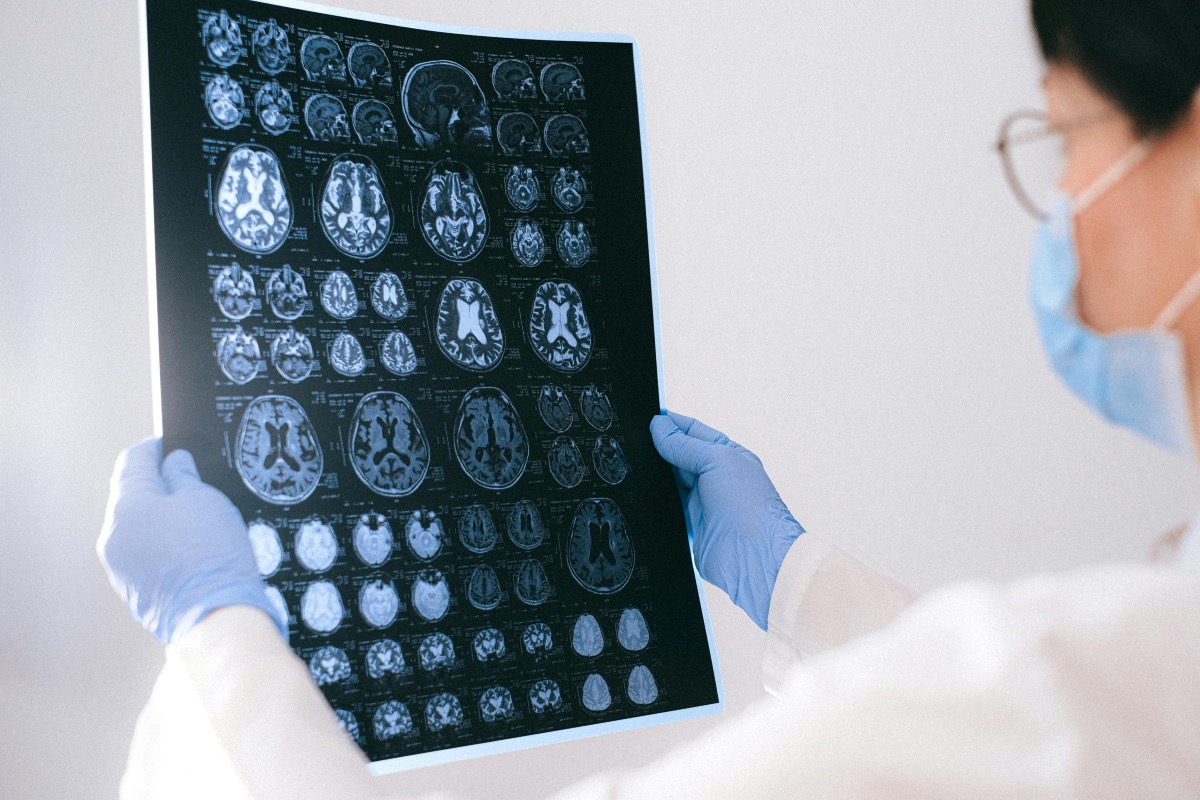Understanding the Addicted Brain
Addiction is not a question of one’s volition or character; rather, it entails major alterations in the brain and neurotransmitter systems. It is a chronic and bio-psycho-social disorder that alters the brain’s structure and functioning in several ways. Understanding the impact that addiction can have on the brain can help you and others understand the compulsive behaviors associated with substance use. Knowing these changes, you can better comprehend the nature of addiction, the nature of the addicted brain, and the challenges that a client may face during treatment at a facility such as Restoration Recovery.
Reward System of the Addicted Brain
Addiction is a neurological disorder, which is centered in the brain’s reward system, a group of structures and circuits responsible for mediating behaviors that are vital for survival. The main neurotransmitter involved in this system is dopamine, also known as the neurotransmitter of pleasure. During pleasant activities, dopamine is released, which makes a person feel good and encourages them to continue the activity.
Substances increase the reward system’s activity by releasing more dopamine or preventing the reuptake of dopamine, flooding the brain with the neurotransmitter. For example, cocaine inhibits the dopamine transporter and stops the reuptake of dopamine, leading to its build-up in the synaptic cleft. This flood of dopamine results in happiness and makes the substance more desirable to use again.
Neuroplasticity and the Addicted Brain
The brain is the most complex organ in the human body, and it remains a delicate structure that can undergo many changes due to the experiences it encounters. These changes are referred to as neuroplasticity. In the context of addiction, neuroplasticity can be considered as both an advantage and a disadvantage. While it enables the brain to compensate for damage and heal, it also implies that continued substance abuse results in permanent alteration of the brain’s architecture.
The most drastic difference is observed in the prefrontal cortex, which is the part of the brain involved in decision-making, controlling impulses, and other executive functions. Long-term substance use may damage the prefrontal cortex’s ability to control and modulate behavior and make rational decisions, which results in compulsive and impulsive characteristics of addiction. This is because there are fewer dopamine receptors in the brain, and the brain becomes less sensitive to the effect of dopamine and, therefore, derives less pleasure from normal reinforcers.
Functions of Other Neurotransmitters
Even though dopamine is arguably the most well-known neurotransmitter in the context of addiction, other neurotransmitters are also involved. For instance, glutamate, the amino acid that is responsible for exciting neurons in the brain, is linked to learning and memory. Substance use can alter glutamate transmission and impair the brain’s capacity for learning new behaviors, along with unlearning previous behaviors. This disruption may hinder the ability of the individual to unlearn the link between drug cues and substance use, thus increasing the possibility of relapse.
The use of substances also impacts gamma-aminobutyric acid (GABA). This is the main inhibitory neurotransmitter in the brain. Most of the depressants used in the management of anxiety and related disorders – for instance, benzodiazepines – act to amplify the efficiency of GABA. However, longer use of the drug can cause tolerance and dependence because the brain decreases the production of GABA and the sensitivity of its receptors. This kind of adaptation leads to the development of withdrawal symptoms when the substance is not present because the brain is unable to achieve balance.
The Stress-Addiction Connection
Stress can be considered to be one of the main factors which contribute to the onset and progress of addiction. The hormonal stress response system of the brain is mainly due to the release of cortisol, a hormone that readies the body for a fight-or-flight response. People with addiction might be more vulnerable to stress and, therefore, turn to substances to manage the stress. On the contrary, substance use can be a source of stress, which in turn leads to the cycle of addiction and stress dysregulation.
Tolerance and Dependence
With tolerance, the body’s system ceases to be sensitive to a substance, and larger amounts of the substance are needed to produce the same effect. This process is attributable to the brain’s ability to change in response to the substance’s presence through receptor desensitization or changes in neurotransmitter synthesis.
On the other hand, dependence is defined as the brain’s need for a substance in order to operate effectively. If a substance is taken frequently, it results in the body getting used to it. When stopping the use of the substance, withdrawal symptoms occur which may be mild or fatal depending on the substance and severity of use. Withdrawal symptoms appear because the brain has become accustomed to the existence of the substance and withdrawal causes the chemical imbalance. If you are struggling with substance use disorder (SUD), Restoration Recovery can help guide you through your recovery journey.
Addiction is a chronic disease that influences the brain’s chemical and structural processes in a significant manner. Substances affect the brain’s reward system, decrease the capacity to make rational decisions, and impact neurotransmitter pathways, which results in compulsive substance use and addiction. Although addiction can cause significant changes in the brain, it is also possible to reclaim your health through the recovery journey. The brain is capable of recovery and rewiring, but this is a long and often difficult process. In the process of withdrawal, the body and the brain work to compensate for the lack of the substance, and neurotransmitter systems may start to balance out. To learn more about the addicted brain, contact Restoration Recovery at (888) 290-0925.






